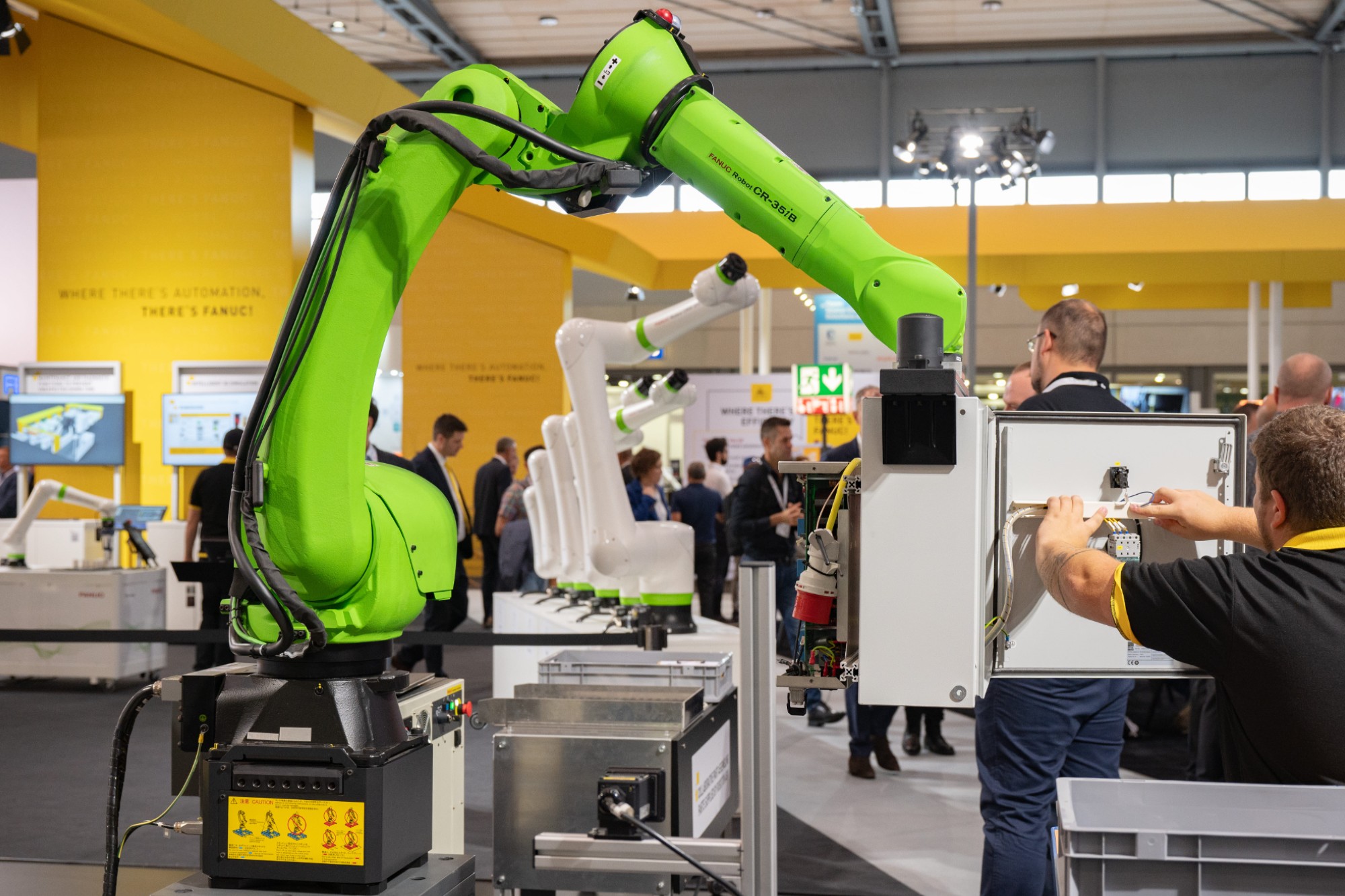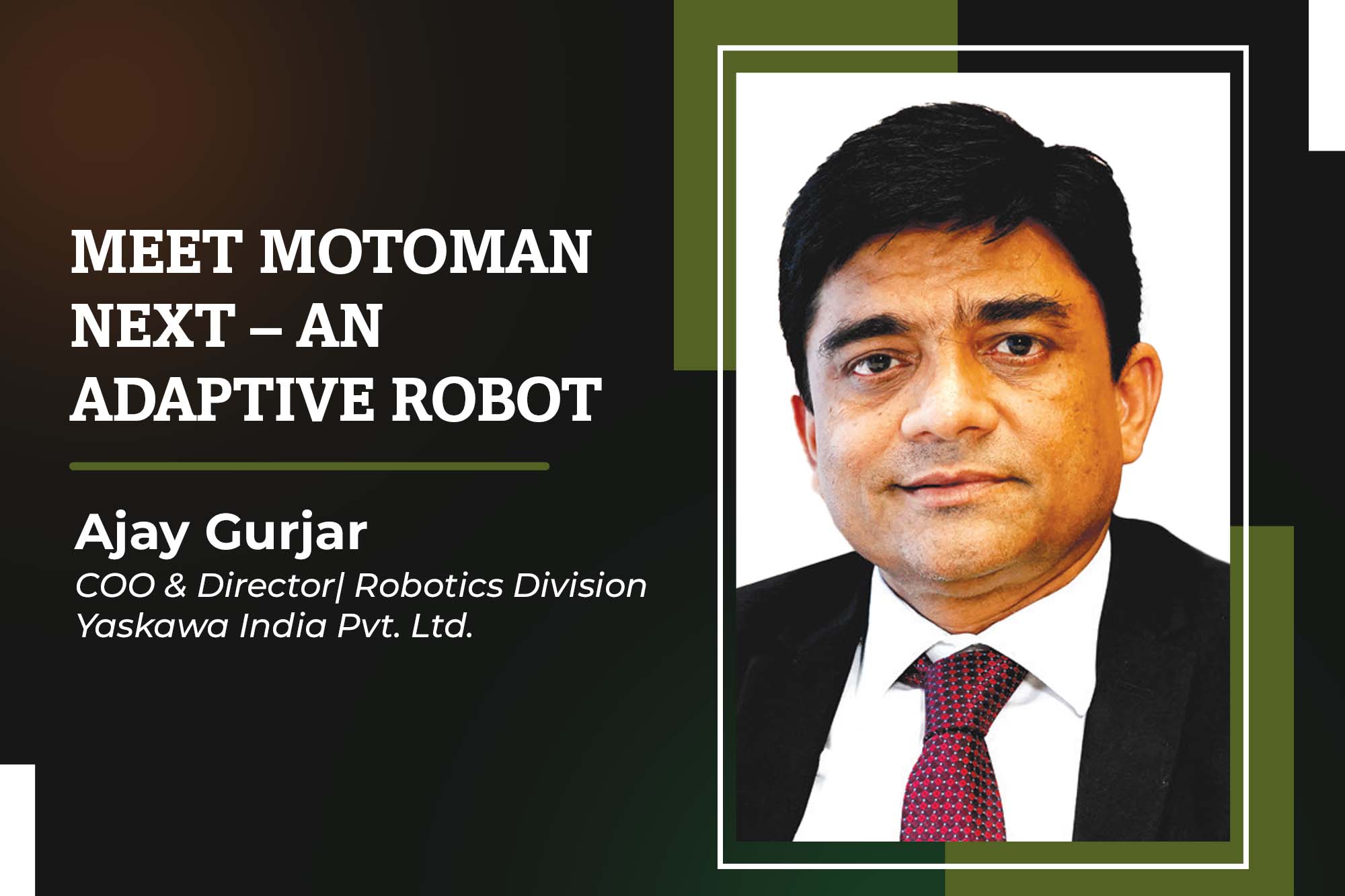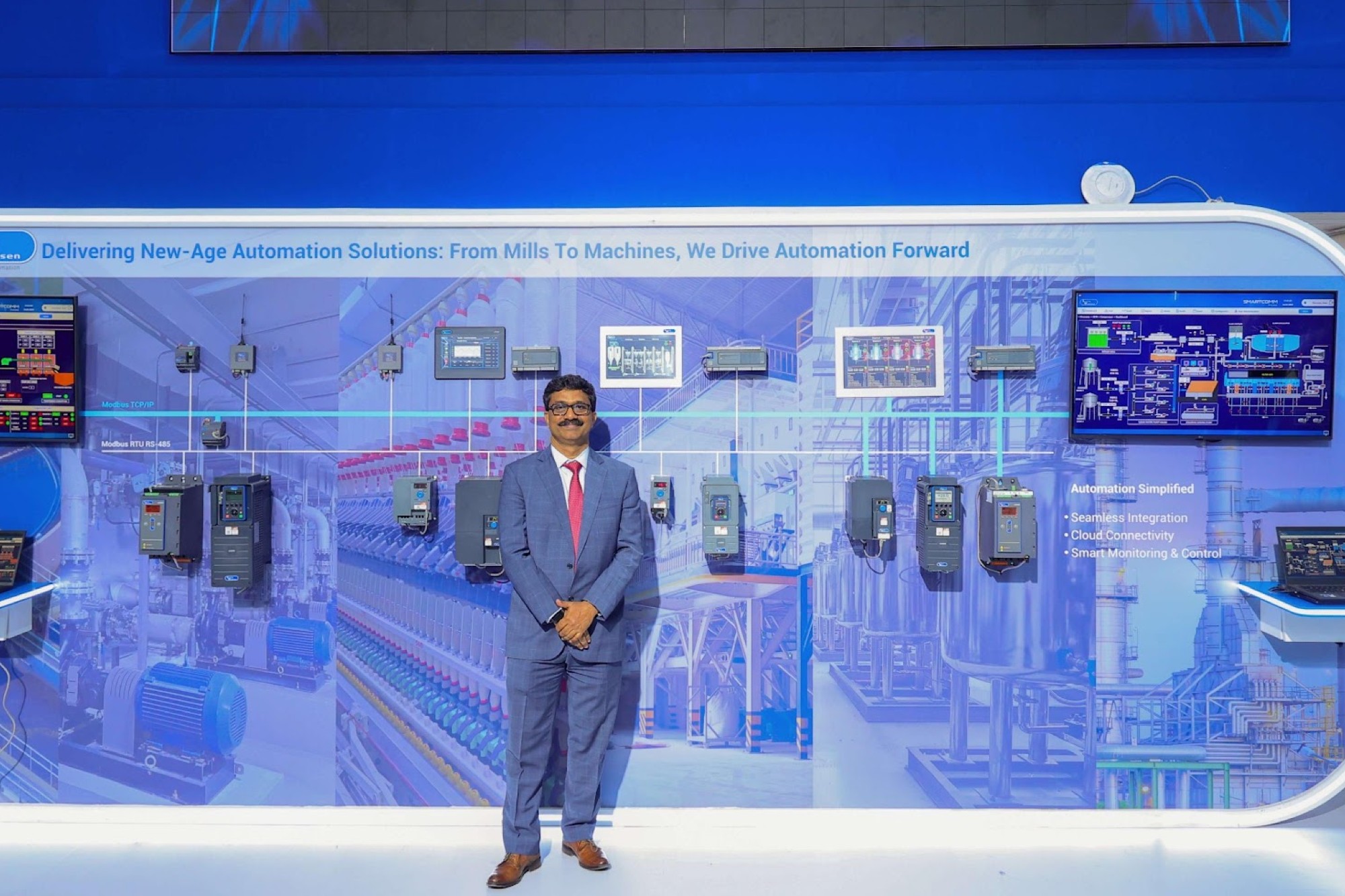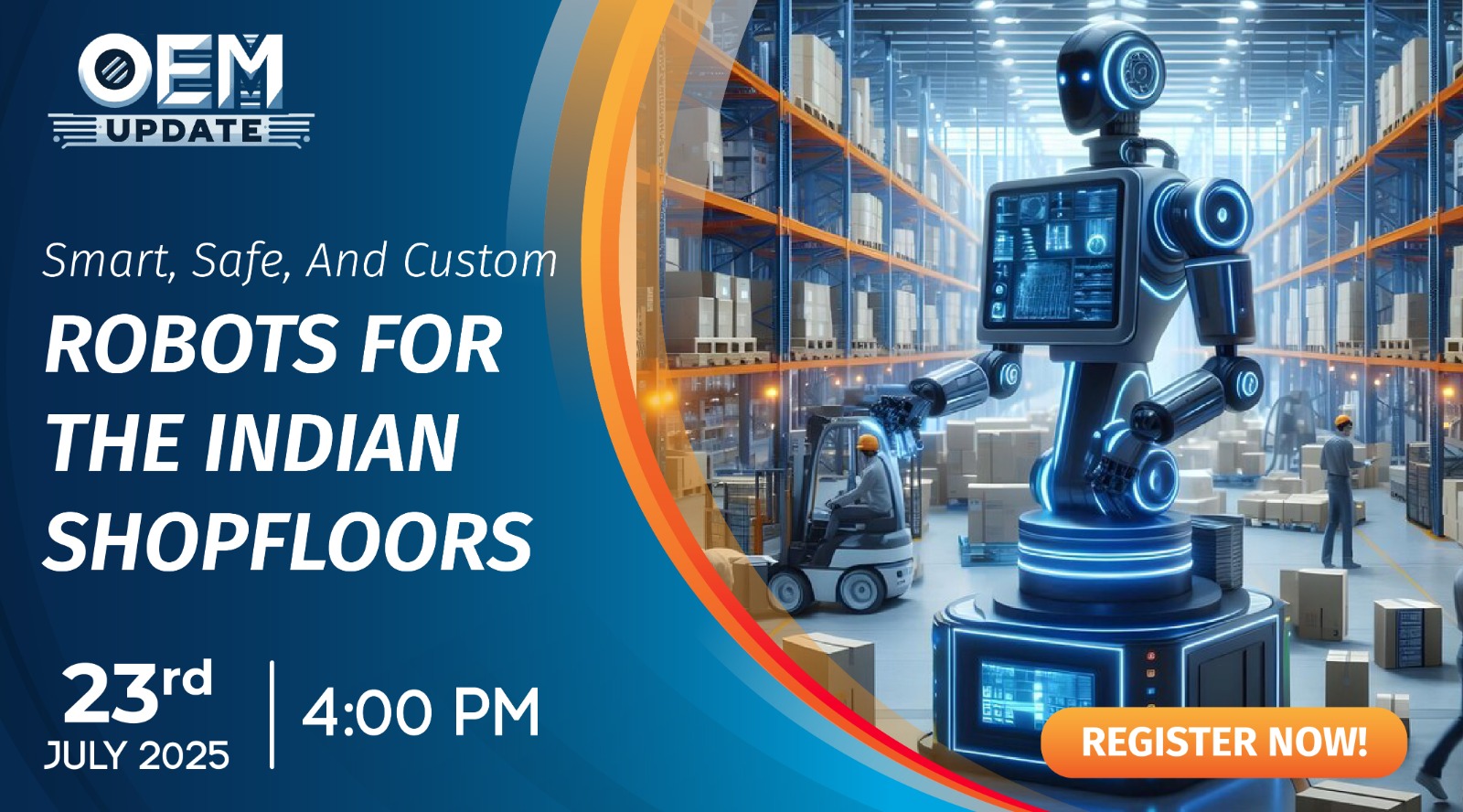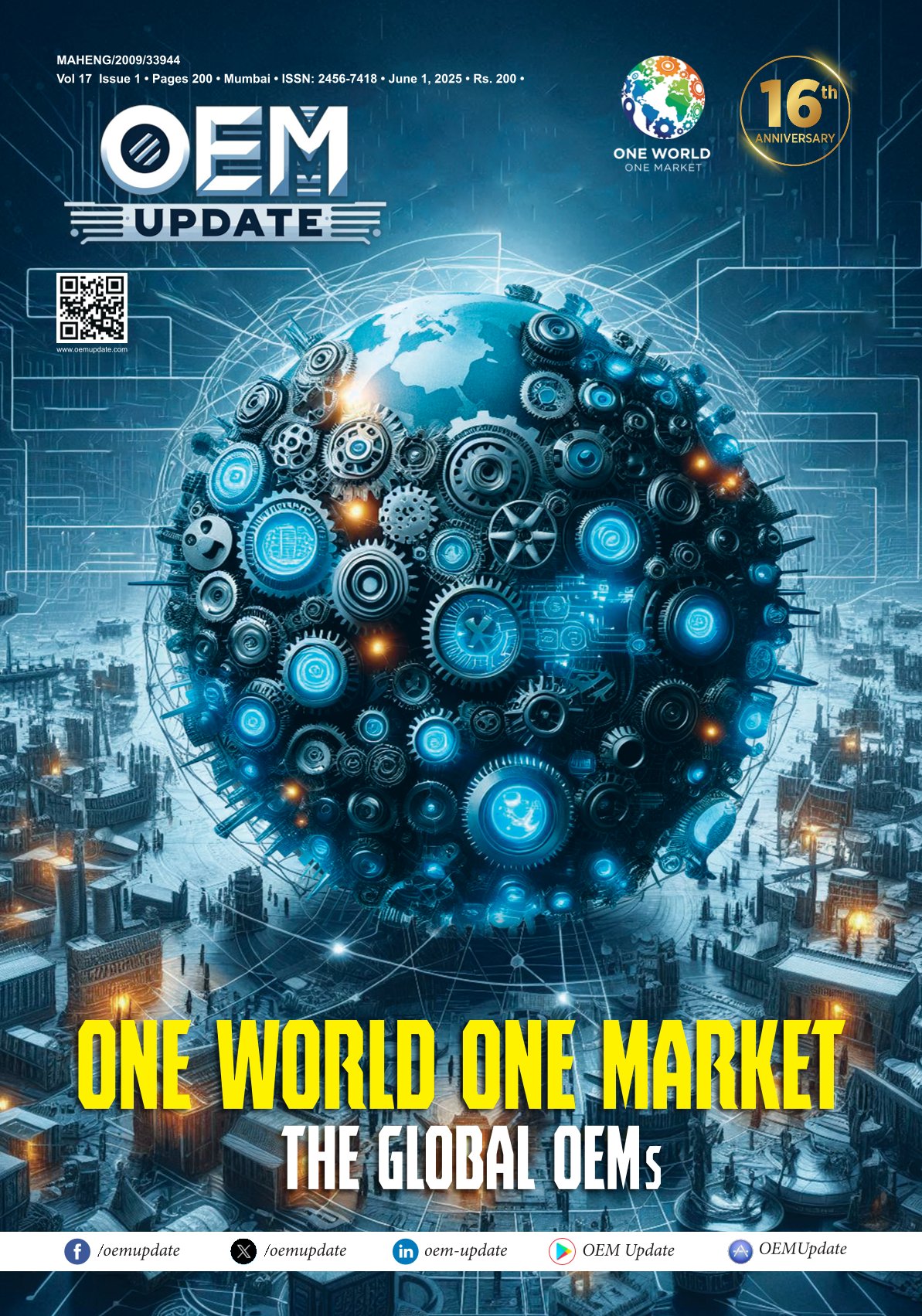Cottage industries, in need for digitisation
By OEM Update Editorial June 18, 2019 11:38 am IST
Discussing how agriculture and bicycle industry are need for revamp, Anil Chaudhry, Head of Solution (Robotic), Delta India in an interaction with Zaid Lakdawala of OEM Update, talks about what needs to be done to incorporate Industry 4.0 in very small industrial sector of India.
Skill and market under one roof
It is necessary for India to be the market leader in the industrial environment and automation to sustain itself in this competitive world. Make in India along with Skill Development is bringing new energy to manufacturing sector. With these programmes, our manufacturing capabilities are going up and we are getting better acceptance in global market as component and finished goods supplier.
The combination of Make in India and Skill Development programme is boosting our manufacturing quality standard many folds and attracting foreign investments in India, since they are getting both skill and market under one roof. With the kind of quality standards we have exhibited to global manufacturers, we become their obvious choice as manufacturing base to meet local and international market demand.
By implementing Make in India, the SMEs and the MSMEs are finally coming out of their cocoon and their manufacturing process and quality are getting worldwide acceptance.
Automating bicycle and agricultural industry
India ranks second worldwide in farm outputs. As per 2018, agriculture employed 50 per cent of the Indian workforce and contributed 17-18 per cent to the country’s GDP. So, to bring a change on our immediate priorities, we must make a focused approach to make agricultural sector digital and modern. This will not only help us become the market leader, but also best product suppliers.
Digitisation will bring the advance information to our farmers and they can act proactively instead of a reactive approach. The government must prioritise the growth of agricultural sector and with this, we can rope in more manufacturing industries to agriculture by creating innovative and affordable farm equipment. I can estimate that Digital India can bring more Artificial Intelligence techniques in farming and associated industries to agriculture.
Other industry, which the Indian government should definitely look, is the bicycle industry. We are definitely moving to the motorcycle and car era, but still there are larger population in the world depending on bicycle and some could not even afford a bicycle. So, we need to look at how we can digitise the bicycle industry and how automation could play a role to make us a market leader. So, according to me, bicycle and agricultural industry should be brought to focus with digitalisation and industrial automation.
Industry 4.0 an additive advantage
Not everything what’s produced in India is consumed in India. India is growing year-over-year as export oriented country across various manufacturing sectors. As I mentioned earlier, we are the obvious choice as global manufacturing hub and without Industry 4.0, it will be difficult for a manufacturer to sustain. This makes India as a lucrative investment destination by other countries.
The pharma industry is very sensitive and it is mandatory for a manufacturer to maintain the data of manufacturing. Many countries allow an import if traceability exist in a manufacturing plant and it can’t be achieved without Industry 4.0.
Robots for efficient manufacturing operationsRobots are changing its own definition by virtue of its use. So, apart from the traditional robots, industrial robots, which are already used by the various manufacturing plants, will continue to grow and have their own space.
Now, robots are acting as co-workers and will transform the manufacturing processes, especially in assembly automations, electrical component manufacturing, pharma and mobile manufacturing. These co-workers will create better work environment for a worker by taking over complex and repeated tasks.
Robots are getting efficient day-by-day and creating efficient environment in manufacturing plants. There are manufacturing processes, which are very low in efficiency without automation and deploying robots make these processes very efficient and at the same time create better work environment for employees. True examples are forging and spot welding in automotive.
Robotic process automation vs traditional automation
With my 22 years of experience in the field of robotics, I would say robots are not going to make the traditional automation obsolete.
Traditional automation has their own space and their own way of behaving in a manufacturing environment. Traditional automation will remain and robotic automation will act as add-on or vice versa to make the manufacturing process more efficient and rugged.
Combination of traditional automation along with robot will survive much longer in this competetive world and will continue to complement each other. None of the automation can sustain alone.
Adopting intelligent automation
An automation with added feature of intelligence by means of some sensing mechanism or other type of devices or software, which turns this automaton as intelligent, will play more powerful role in the field of automation and this is what industry is looking for.
Intelligent automation, with the combination of Industry 4.0, will make the future automation more intelligent with machine learning capability. These machine will be capable enough to take their own decision in manufacturing line to ensure right quality and optimise use of resource. Machine tool industry is experiencing this add-on feature of machine learning and we, at Delta Group, are working very closely with machine manufacturers. Our industrial range of robots are already available in the market with this add-on feature.
Make in India has made the SMEs and the MSMEs to finally come out of their cocoon, making their manufacturing process and quality getting worldwide acceptance
Anil Chaudhry, Head of Solution (Robotic), Delta India
Cookie Consent
We use cookies to personalize your experience. By continuing to visit this website you agree to our Terms & Conditions, Privacy Policy and Cookie Policy.





